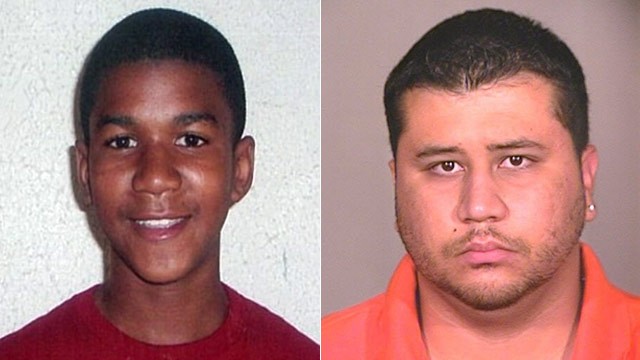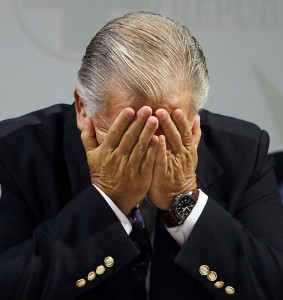by Emilee Gaebler
Impunity Watch Reporter, South America
SANTIAGO, Chile – On Tuesday of this week, 24-year-old Daniel Zamudio passed away. His death is sparking calls for the passage of new national anti-discrimination laws in Chile. Zamudio, an openly homosexual youth, was violently beaten up by a gang of men in a park, 25 days ago, on March 4.

The men carved swastika symbols into Zamudio’s body and stubbed cigarette butts out on him. News reports state that the attackers beat Zamudio for roughly an hour with bottles and rocks, cut off a portion of his ear, broke his leg and left him with severe head injuries. Doctors at the Santiago Emergency Assistance Public Hospital worked to keep Zamudio alive but on March 19 he suffered a heart attack and his condition deteriorated.
The four men accused of the attack are members of the neo-Nazi group, Nazis del Centro (Downtown Nazis). They are all four currently in custody, on attempted murder charges, but prosecutor Ernesto Vasquez is asking that be changed to premeditated murder, which carries a life sentence. At least one of the men already has a prior record for assaults on homosexual individuals.
Gay rights groups throughout the country are asking that torture charges be included as well. Jaime Parada, spokesmen for Chile’s Movement for Homosexual Liberation and Integration, spoke out about how this aggressive attack highlights the fear that homosexuals in Chile must live with.
“We are fighting for an anti-discrimination law, for changes in language so people stop treating us like we are ill and make sure that the church does not treat us like sinners and so on,” said Parada.
Seven years ago, an anti-discrimination law was first proposed, but it was never passed due to pressure from Evangelical Christian groups. Chilean government officials are promising to focus on getting that passed. Chile’s Interior Minister, Rodrigo Hinzpeter, currently acting as President while President Piñera is in Asia, affirmed this. Hinzpeter spoke outside the hospital, the day Zamudio died, to a hostile crowd who booed him.
“Since this aggression, Daniel’s murder happened, we have had a relative education on how we are going to construct a more harmonious society, with more love, where no one – no one – is discriminated against for any reason, because all Chileans have the same rights. There is no-one in our society who can feel such murderous arrogance that they can attack and assault a fellow citizen for any reason,” said Hinzpeter.
There has been a general public outcry in the wake of the attack because people feel that the government is not doing enough to protect those who are victims of hate crimes.
For more information, please see;
La Razón – Asesinato de Joven Homosexual Conmociona a Sociedad Chilena – 29 March 2012
The Washington Post – In Chile, Beating Death of Gay Man Stirs Change – 29 March 2012
BBC – Chile Prosecutors Seek Murder Charges Over Gay Attack – 28 March 2012
NTN24 News – Murder of Gay Man by Suspected Neo-Nazi Group Shakes Chile – 28 March 2012
EDGE – Gay Man Brutally Attacked in Chilean Capital Remains in Critical Condition – 25 March 2012


